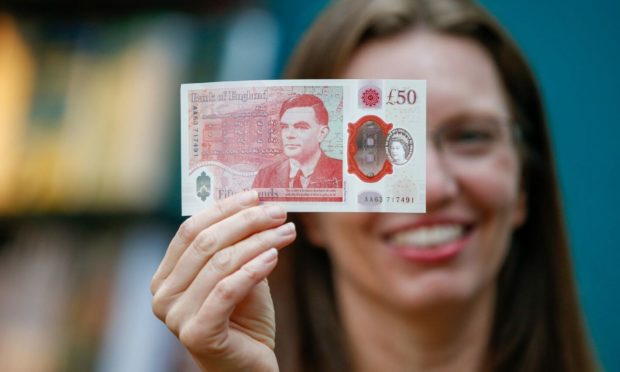Prices of food, petrol, used cars, clothes and restaurant meals have been rising in recent months which has driven the rate of inflation to its highest level in three years.
The Office for National Statistics (ONS) said the Consumer Prices Index (CPI) rose to 2.5% in June from a figure of 2.1% the previous month, causing furrowed brows for policy makers.
The official figure again overshot the expectations of analysts, who had predicted that it would rise to 2.2% for the month and moves the rate further away from the Bank of England’s 2% target. The bank has warned that inflation could hit 3% by the end of the year.
It is the highest inflation rate since the UK saw a 2.7% rise in August 2018.
The reading comes amid global concerns over the potential for soaring inflation, with the US posting its own 5.4% CPI inflation rate for June on Tuesday.
The ONS said that food and non-alcoholic drinks contributed to the lift in inflation, compared with significant deflation for the same period last year.
Within food, the largest shift was caused by bread and cereal prices, where prices of items such as packs of individual cakes and crumpets rose this year but fell a year ago.
Meanwhile, the price of petrol increased by 2.5p between May and June, rising to its highest price since October 2018. Motor fuels have risen by more than 20% over the past year, the ONS said, representing the biggest annual increase for more than a decade.
Elsewhere, a rise in second-hand car prices also contributed to inflation. There has been suggestions that some buyers moved to the used car market amid delays to the supply of new cars caused by the shortage of semiconductor chips used in production.
There was also a significant contribution to price rises from restaurants and hotels, which the ONS said was partly a reflection of these venues being closed a year ago. There was also no evidence of a reversal of last month’s price increases in the clothing or recreation and culture categories.
The concern now is whether price rises are temporary – a result of the reopening of the UK economy, or if this is the beginning of a worrying trend.
A potential rise in interest rates to staunch rising inflation would be welcome to savers who have faced record low rates for over a decade. However, borrowers have cause for concern.
Kevin Brown, savings specialist at Scottish Friendly, said inflation “shows no signs of letting up”.
He added: “We are yet to reach the long-anticipated ‘freedom day’ and this could add to the inflationary pressure that is forcing prices up in many areas of the economy, such as transport, retail and hospitality.
“Each month inflation continues to rise the scrutiny over whether interest rates need to go up also intensifies. We know households are now spending more as the economy opens up but they are also borrowing more too.
“It’s therefore important that borrowers remember that from such a low base there is only one way interest rates can go if inflation continues its upward trajectory.
“Borrowers should heed caution but for many long-suffering savers an interest rate rise would bring great relief.”
Those with low wages are also set to feel the pinch.
Frances O’Grady, TUC general secretary, called on the UK government to raise wages for key workers.
“Lots of workers will find that prices are rising faster than their pay, especially public sector workers facing a pay freeze or 1% rise only,” she said.
“The Chancellor must end these unfair pay restrictions, which are hitting key workers who kept the country going through the pandemic.”
Economists and policy makers are still taking a view.
Debapratim De, senior economist at Deloitte, said inflation was unlikely to continue into next year.
He said: “June’s inflation figures provide further evidence that supply, of both raw materials and labour, is struggling to keep up with resurgent demand. Central banks in the UK, US and Europe expect supply bottlenecks and inflation to ease next year once the global recovery finds firmer footing and government support schemes are unwound.
“Policymakers are pricing in a recovery that is just right – with strong growth and temporarily higher inflation. That seems likely. But it is by no means assured.”
Martin Beck, senior economic advisor to the EY Item Club, said the think tank remained “sceptical” about the risk of out of control inflation, as a stronger pound and a large amount of spare capacity should eventually pull inflation back down.
He added: “The institutions and labour and product markets which facilitated high inflation in the past are also lacking.”
